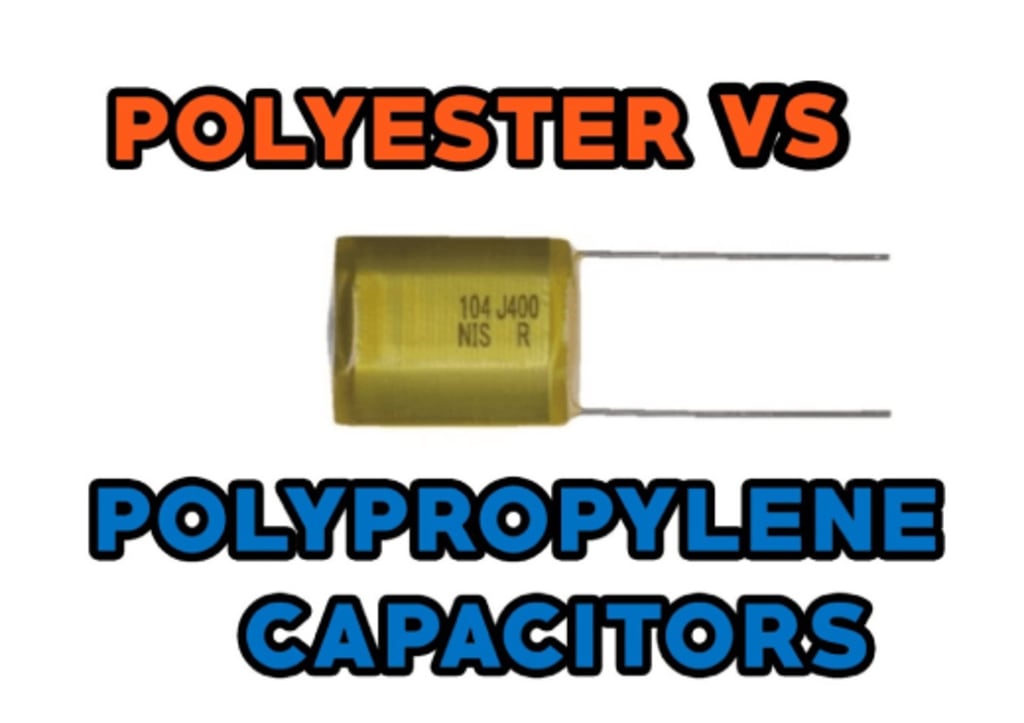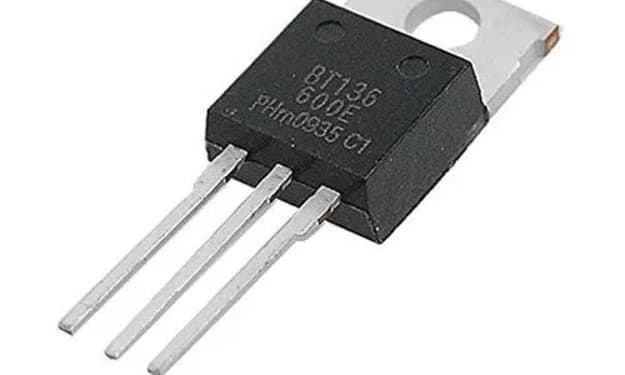Polyester vs Polypropylene Capacitors: Which is Better for Your Circuit?
Polyester vs Polypropylene Capacitors: Which is Better for Your Circuit?

Introduction to Polyester and Polypropylene Capacitors
An essential part of electronic circuits are capacitors. They carry out a variety of tasks, including corruption, combining, and filtering. Polyester and polypropylene capacitors are the most considerably used types of capacitors because of their special rates and responsibility. It's critical to comprehend how these two types of capacitors differ in order to choose the applicable capacitor for your particular operation. Polyester film dielectric is used to make polyester capacitors, generally appertained to as Mylar capacitors. Polypropylene film is used as the dielectric material in polypropylene capacitors, which are well-known for their robustness and variety of uses. This offers a conspicuous benefit in terms of life and performance.
Performance Characteristics
When it comes to efficiency, polyester and polypropylene capacitors have various characteristics. Polyester dielectric constant capacitors are well-known for their high value. They are able to provide high capacity values in a compact packaging as a result. They can function well over a broad temperature range and have strong temperature stability, but they also have greater dissipation factors and may behave non-linearly in certain voltage scenarios. Polypropylene capacitors on the other hand have a lower dielectric constant. Yet, it offers good linearity and a low dissipation factor. For applications like audio circuits and high-pass filtering that demand accurate signal processing and low power dissipation, this makes them perfect.
Applications and Suitability
Whether to use polyester or polypropylene capacitors is mostly determined by the particular needs of the application. Widely utilized in general purpose applications are polyester capacitors. It is perfect for consumer electronics and automotive applications because of its small size and high capacitance, which can be used for filtering, timing circuits, and power supply coupling and decoupling. In demanding applications, polypropylene capacitors with outstanding electrical characteristics are the chosen option. It is frequently present in audio gear. Measurement and communication equipment that is precise, stable, and minimal loss. as well as high-frequency operation Because of this, it's perfect for situations where signal integrity is crucial.
Durability and Reliability
When choosing a capacitor, durability and dependability are crucial considerations. Particularly for usage in challenging environments. Polyester capacitors are renowned for their sturdy design and ability to withstand dampness. Because of this, they can be used in both outdoor and industrial settings. However, under really stressful situations, like extremely high temperatures or high-frequency operation, they might not function well.Excellent resistance to electrical stress and thermal stability characterize polyester capacitors.They can recover from small dielectric failures thanks to their self-healing characteristics. In significant applications, it aids in extending lifespan and efficiency.
Cost and Availability
Practical factors to take into account while deciding between polyester and polypropylene capacitors are cost and availability. Polyester capacitors are readily accessible and typically reasonably priced. It is hence an affordable choice for a variety of uses. The production procedure is not as intricate. resulting in a price decline. The cost of polypropylene capacitors is even higher. However, it offers greater durability and performance. Costs increase in applications where these characteristics are significant as a result. Polypropylene capacitors are available from a number of manufacturers despite being more expensive. This guarantees that designers won't have any significant problems with procurement.
Conclusion
-Polyester capacitors are inexpensive, versatile, and resistant to variations in medium frequency and temperature.
Better performance is offered by polypropylene capacitors in terms of frequency characteristics, endurance, and temperature stability. This justifies its high cost for high frequency and precision applications.
About the Creator
Enjoyed the story? Support the Creator.
Subscribe for free to receive all their stories in your feed. You could also pledge your support or give them a one-off tip, letting them know you appreciate their work.





Comments
There are no comments for this story
Be the first to respond and start the conversation.